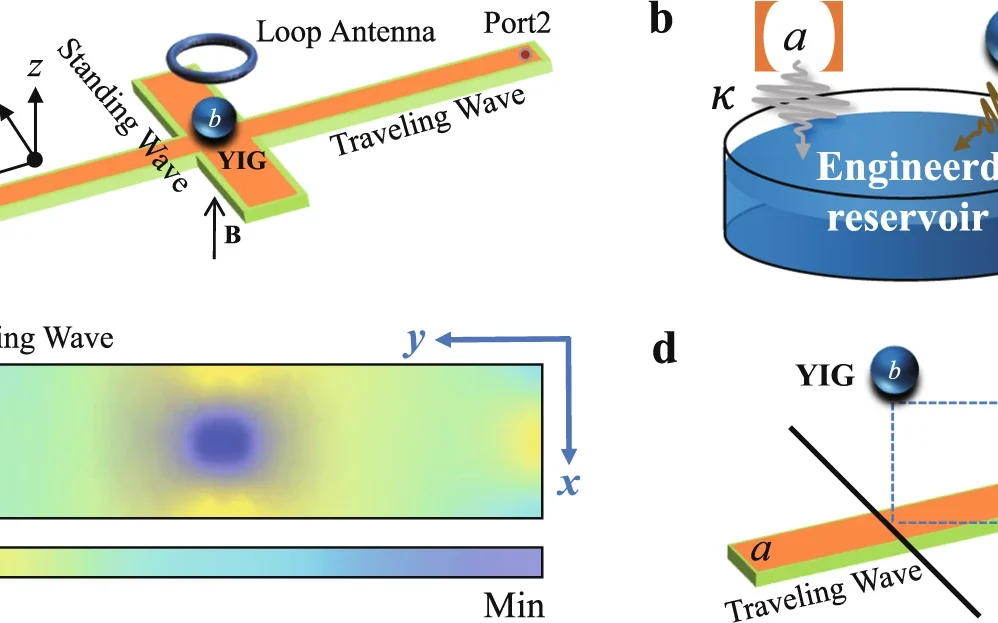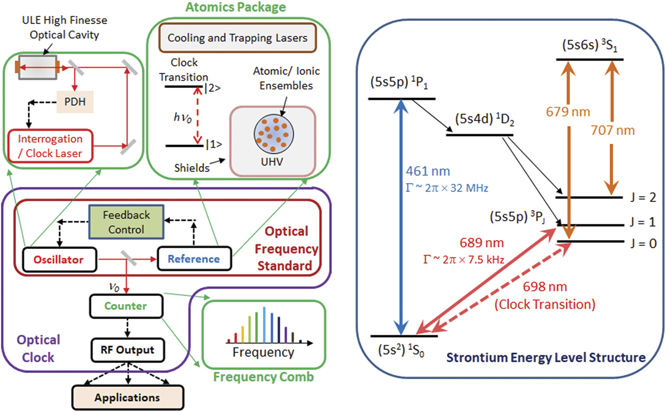This study proposes a novel method to generate and control one-way quantum steering between photon and magnon modes through the cooperative effects of coherent and dissipative coupling. The research focuses on a non-Hermitian cavity magnonic system that exhibits parity-time-like symmetry due to the interaction between these two coupling mechanisms.
The system demonstrates two Exceptional Points (EPs) in the eigenvalue spectrum, around which researchers observed particularly strong quantum entanglement and perfect one-way steering. A key finding is that the quantum correlations produced through this cooperative effect demonstrate remarkable resilience to both environmental temperature fluctuations and system dissipation, showing superior robustness compared to nonlinearity-induced correlations.
The directional nature of the one-way steering can be controlled through two primary parameters: the relative phase of cooperative dissipation and the frequency detuning of the magnon mode. This controllability represents a significant advancement over previous methods that relied on introducing asymmetric losses or noise to achieve directional steering, which often came at the cost of reduced steerability.
The research has important implications for quantum information processing, as quantum steering serves as a bridge between entanglement and Bell nonlocality. The ability to generate and control one-way steering in cavity magnonic systems could enable new applications in quantum technologies, particularly in scenarios requiring asymmetric trust relationships between parties.
The findings demonstrate that entanglement can be achieved even with weak coherent coupling, while one-way steering can be obtained across a broad range of coupling strengths, from weak to strong coherent coupling mechanisms. This flexibility in operating parameters makes the system particularly promising for practical implementations.
The study highlights the potential of open cavity magnonic systems as a platform for generating stationary one-way steering, offering new possibilities for quantum information protocols. This work contributes to the growing field of quantum steering applications, which includes semisided device-independent quantum key distribution, quantum secret sharing, and one-way quantum computing.
The researchers’ approach to controlling quantum steering through cooperative effects represents a significant step forward in the manipulation of quantum correlations in solid-state systems, potentially opening new avenues for quantum information processing and quantum communication protocols.
npj Quantum Information, Published online: 03 September 2022; doi:10.1038/s41534-022-00619-y




